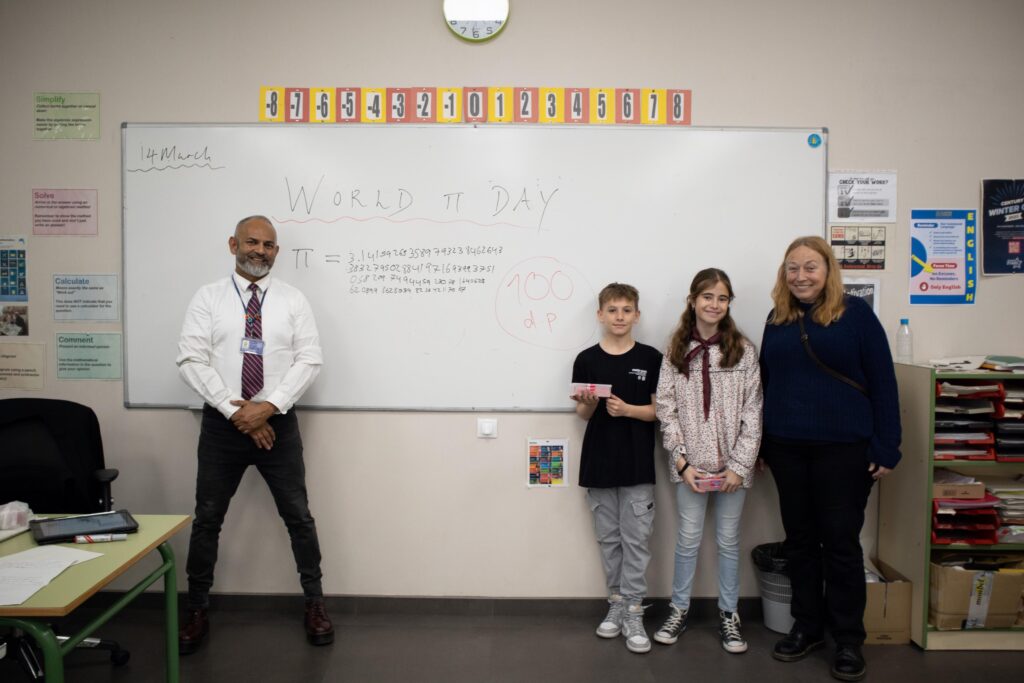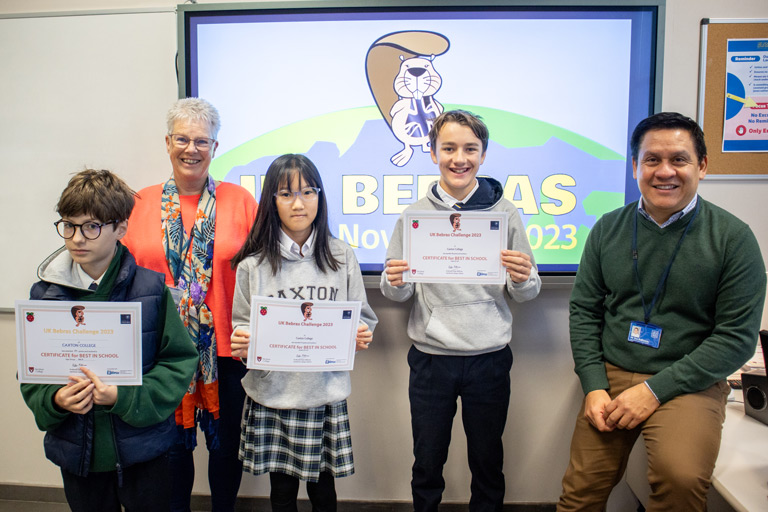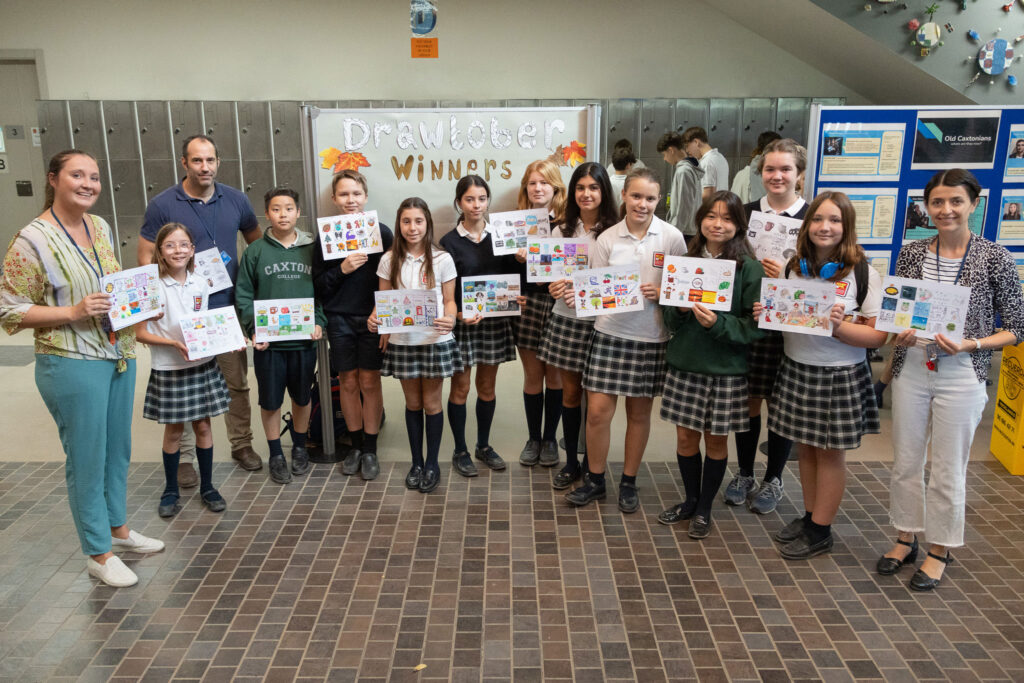
By Carlos B, Year 11 student
Eighty years ago, my great-grandmother found herself and her young family in Berlin at the height of the Second World War. The British had been bombing the capital of Nazi Germany since their first daring raid against the capital of Adolf Hitler’s Third Reich in August 1940, and in 1943 a massive raid by Royal Air Force bombers caused the virtual destruction of one of the most iconic landmarks in Berlin, the Kaiser Wilhelm Memorial Church. This neo-Romanesque church was gutted by fire bombs, and the spire partly collapsed. My great-grandmother had a photograph taken in front of this landmark in the summer of 1944, just before she fled Berlin for Spain with my Spanish great-grandfather and baby grandmother. This photograph has been in our family ever since, and stands as a testament to our connection with an important moment in history.













